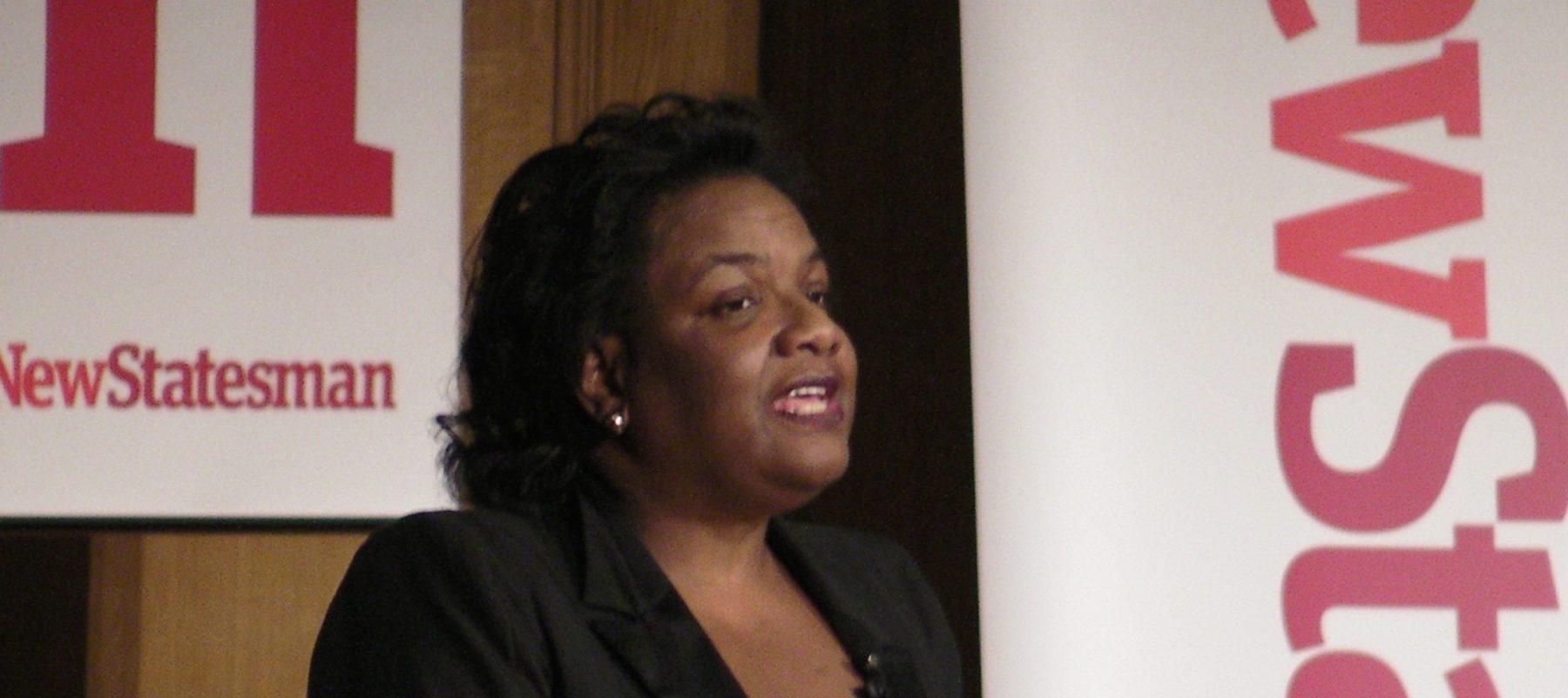Representation Frustration
[dropcap]I[/dropcap]t is generally considered wrong to judge someone based on race, gender, wealth, class, religion or sexuality, yet these factors may well, intentionally or otherwise, play a part in the way we vote.
This is because of the desire, or expectation that any elected body, be that the Boar exec or national Government, to be representative: typical of a class, group, or body of opinion, or consisting of people chosen to act and speak on behalf of a wider group. Yet the problem is explicit in the very definition; should Parliament be ‘typical of the group’, i.e. a microcosm of the British population, or made up of those voted to speak on behalf of British people, regardless of demographics?
We’ve seen these two arguments before regarding our recently elected, and ironically similar to Parliament, SU Sabbatical Officers: all white, all male.
Black and Minority Ethnic MPs took only 27 of the 117 seats
Our most recent government had only one in five female MPs, despite women making up nearly half British population. Similarly Black and Minority Ethnic MPs took only 27 of the 117 seats estimated to be representative of our population demographics. Research carried out by the UCL Parliamentary Candidates UK project shows there has been a total increase in the number of female and “Black Minority Ethnic” candidates running for election but, even if all these candidates were to be elected, Parliament will still not have achieved the statistics considered ‘representative’ a party is, or will be.
Nonetheless it is worth investigating the various approaches of the different parties, leaders and local candidates towards the problem of ‘representation’. In order to prevent wrongly discriminatory voting but ensure a ‘representative’ Parliament it is perhaps best to start treating ‘representation’ as a policy in itself. To look at which party has the attitude most similar to our own and thus offers what we consider the best way of addressing the problem.

Comments